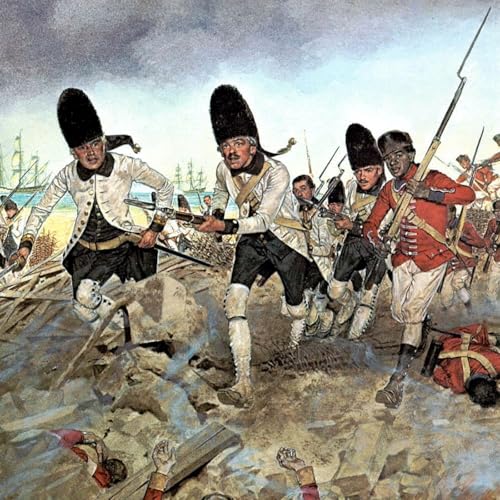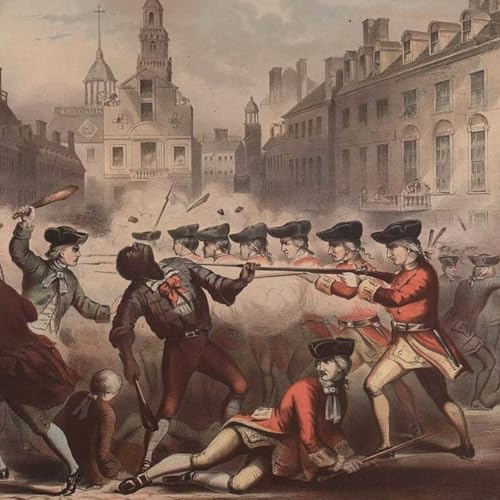"...and as Free and Independent States, they have full Power to levy War, conclude Peace, contract Alliances, establish Commerce, and to do all other Acts and Things which Independent States may of right do." In this episode, Professor Johnson (Baylor U.) explores the origins of American theories of diplomacy and the importance of race and freedom in early American history. These concepts are seen most clearly in early relations between the USA and France, particularly the French colony of Saint-Domingue (modern day Haiti). This episode covers the period between the First Treaty of Paris (1763) and the Second Treaty of Paris (1783). Topics include: -the origins of American diplomacy -the conditions in the First Treaty of Paris that enflamed colonial tensions in North America, the Caribbean, and even Africa -the evolving racial politics amongst whites, free people of color, and slaves in Saint-Domingue, which had 128 categories of racial distinction -the similarities and differences between racial politics and colonial politics in British North America and French Saint-Domingue -the fascinating story of Crispus Attucks, a Massachusetts slave who freed himself and then became the first martyr in the Boston Massacre -strategies of black liberation in both French and British colonies -black authors who wrote about black emancipation, including Phillis Wheatley and Lemuel Haynes -John Adams' founding foreign policy theory of the new United States, namely the rejection of Europe's concept of the balance of power and military alliances -the first treaty between France and the US in 1778 -the story of the Chasseurs-Volontaires de Saint-Domingue, who fought with American rebels at the Siege of Savannah and who, after the American Revolution, returned to Saint-Domingue to lead the Haitian Revolution against the French Empire -the importance of Article 1 of the second Treaty of Paris (1783), which states: "His Brittanic Majesty acknowledges the said United States...to be free sovereign and Independent States; that he treats with them as such, and for himself his Heirs & Successors, relinquishes all claims to the Government, Propriety, and Territorial Rights of the same and every Part thereof." You can find a link to Prof. Johnson's new book, Entangled Alliances (Cornell UP) here: [Entangled Alliances: Racialized Freedom and Atlantic Diplomacy during the American Revolution](https://www.cornellpress.cornell.edu/book/9781501783715/entangled-alliances/#bookTabs=1) The cover image features a reproduction of William Champney's famous lithograph of Crispus Attucks being killed during the Boston Massacre.
Voir plus
Voir moins
 1 h et 9 min
1 h et 9 min 1 h et 17 min
1 h et 17 min Nov 13 202551 min
Nov 13 202551 min Oct 30 20251 h et 6 min
Oct 30 20251 h et 6 min 50 min
50 min Oct 2 202542 min
Oct 2 202542 min Sep 25 202546 min
Sep 25 202546 min 1 h et 17 min
1 h et 17 min
